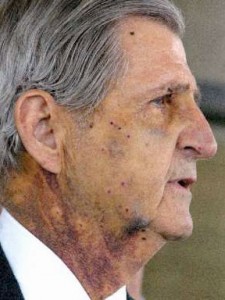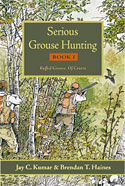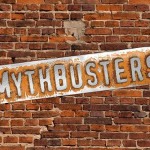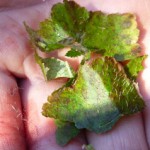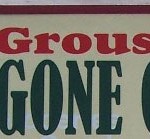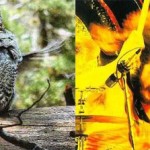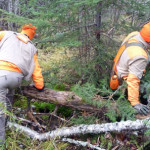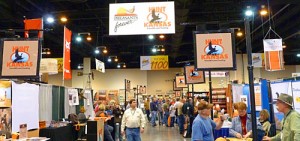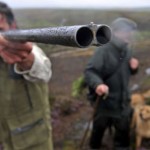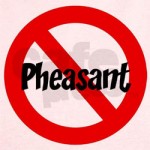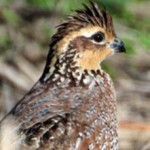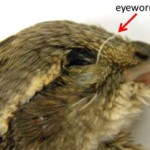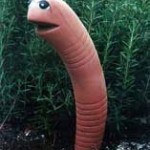New Cheney Shooting Details, Part 2
Here are the rest of the details from the recent The Washington Post article about the world’s most famous bird-shooting accident:
> No one in the vice president’s entourage said a word about it publicly until the next morning, when Katharine Armstrong, the daughter of the ranch’s owner, spoke with a reporter from a local newspaper. Armstrong blamed [Harry] Whittington for blundering into Cheney’s line of fire, a comment that White House spokesman Scott McClellan repeated later that day.
> Cheney didn’t address the issue in public until four days later. In a TV interview on Fox News back in Washington, he took responsibility for the shooting (“Ultimately, I am the guy who pulled the trigger . . . “) but offered no apologies.
> For Whittington, the accident was not just physically traumatic but introduced chaos into his orderly life. When he was released [from the hospital] a week later, a battered and exhausted Whittington did the apologizing: “My family and I are deeply sorry for all that Vice President Cheney and his family have had to go through this past week.”
> He acknowledged that his “apology” statement upon his release from the hospital could have confused the issue by suggesting he was admitting fault. “It really wasn’t that,” he says. “I didn’t intend it that way. It was more of a sense of disappointment that it happened at all. I’m sure it must have been difficult for Mr. Cheney and his family. I still feel the same way.”
Whittington’s Career and Politics
> Long a multimillionaire, he still comes to work five days a week. He grew up in the boom-and-bust oil patch in Henderson, 140 miles from Dallas. His family struggled through the Depression, and Whittington never forgot it. His father lost his dry-goods store and cotton gin after the community suffered four successive crop failures. The young man learned to work hard, taking odd job after odd job to see himself through the University of Texas and its law school.
> Whittington soon built a thriving legal practice a few blocks from the state capitol, handling property transactions, oil and gas leases, estate planning, trust management. He patiently invested in real estate. He bought his own office building, then another, then a whole block in downtown Austin.
> He took an interest in politics, too. He threw himself behind moderate Republican candidates, methodically helping to build a party that had been overshadowed by a Democratic machine run by a crafty Austin operator named Lyndon B. Johnson.
> Whittington managed John Tower’s successful 1960 bid to become the first Republican since Reconstruction to win a Senate seat in Texas. He became “social friends” with a transplanted Texan named George H.W. Bush and his wife, Barbara, eventually working on Bush’s failed campaign for the Senate in 1964. He supported another friend, future secretary of state James Baker, when he lost the race for Texas attorney general in 1978. He helped a young man named Karl Rove set up his first direct-mail firm, leasing office space to him in his building (Whittington still sits on the board of Rove’s consulting firm).
Not Buddies
> News accounts routinely described Whittington as Cheney’s “old friend” and “hunting buddy.” In fact, the two men barely knew each other. Before the shooting, they had met briefly only three times since the mid-1970s and had never gone hunting together before. “The most you could say is that he was an acquaintance,” Whittington says.
> In the years since, Whittington has gone hunting only a few more times. But it’s not the same as it was, he says. He’s not gun-shy, as his father was after his accident so many decades ago. It’s just . . . different now: “Some of my enthusiasm is gone,” he says.
> Despite his scars, Whittington bears no ill will toward Cheney. He calls him “a very capable and honorable man” and adds, “He’s said some very kind things to me.”
> But did Cheney ever say in private what he didn’t say in public? Did he ever apologize Whittington, who has been talking about his life and career for hours, suddenly draws silent. “I’m not going to go into that,” he says sharply after a short pause. Nearly five years on, he’s still waiting for Dick Cheney to say he’s sorry.

